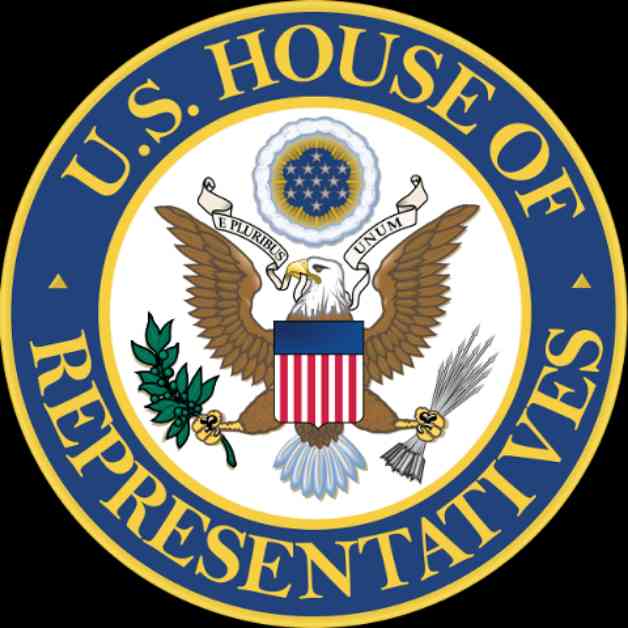Chairman John Moolenaar of the Select Committee on the CCP expressed deep concern regarding recent reports that chips manufactured by Taiwan Semiconductor Manufacturing Corporation (TSMC) have been used in Huawei’s AI accelerators, bypassing US export controls. This development is seen as a significant setback in the ongoing technological competition with the Chinese Communist Party (CCP) and raises serious national security implications.
Artificial intelligence accelerators play a crucial role in advancing technological capabilities, and the fact that TSMC chips have contributed to Huawei’s AI development is alarming. Chairman Moolenaar emphasized the urgent need for Congress to investigate the extent of this circumvention and called for accountability from both the Bureau of Industry and Security (BIS) and TSMC.
The failure of US export control policy in allowing TSMC-manufactured chips to be utilized by Huawei highlights the loopholes that exist in regulating the export of sensitive technologies. This incident underscores the importance of strengthening oversight and enforcement measures to prevent such occurrences in the future.
In light of these revelations, it is imperative for the US government to take immediate action to address this issue and prevent further breaches of export controls. The implications of this incident extend beyond commercial interests and have far-reaching implications for national security.
As the technological competition between the US and China intensifies, ensuring the integrity of export controls becomes increasingly critical. The Select Committee on the CCP will continue to monitor developments in this area and work towards enhancing policies that safeguard national interests in the face of evolving threats.
It is essential for all stakeholders to collaborate and coordinate efforts to address vulnerabilities in the export control system and prevent adversaries from exploiting loopholes for their benefit. By strengthening regulatory frameworks and increasing transparency, the US can better protect its technological edge and national security interests in an increasingly complex and competitive global landscape.
